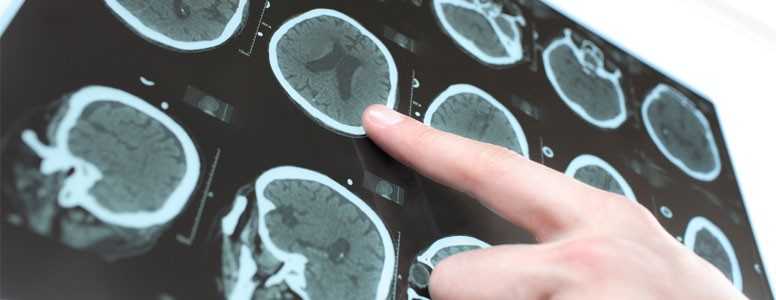A new study suggests that a higher fat, ketogenic diet could improve the energy metabolism of the brain leading to measurable enhanced cognition in Alzheimer’s disease (AD) patients.
This is an important finding, as the link between blood sugar dysregulatio, type 2 diabetes and neurological disease continues to grow.
Some people have a brain that ages successfully and stay cognitively intact, whereas others develop diseases, like AD or Parkinson’s disease.
Why is that? This is the question researchers at the University of Kansas Alzheimer’s Disease Center, in Fairway, have asked in a pilot study presented at the last Alzheimer’s Association International conference.
They think from their research that the ability of neurons to cope with stress and resist disease depends in part on diet and hint at what a healthier diet for brain aging could be.
One hypothesis for how neurodegenerative diseases like AD develop is that energy-producing processes within mitochondria in neurons may become impaired. A fat-fueled brain in AD could provide an alternative fuel source for these neurons.
Researchers tested this by doing an experiment called the Ketogenic Diet Retention and Feasibility Trail (KDRAFT) where they fed a ketogenic-type diet, comprised of 70 per cent fat, to a handful of AD patients (10) for three months.
A typical keto diet is 20 per cent protein and only 10 per cent carbohydrate. It eliminates most fruits, and all starchy vegetables, beans, and grains. It does, however, incorporate ample fat sources, including olive oil, butter, cream, eggs, nuts, all kinds of meat, and fish.
Researchers assessed whether this way of eating led to better scoring on a cognitive assessment scale in dementia care, called the Alzheimer’s Disease Assessment Scale–cognitive domain (ADAS-cog).
The ADAS-cog is widely used as general cognitive measure in clinical trials of AD. Its primary purpose is to assess multiple cognitive functions, including memory, language, orientation and praxis – the ability to put an idea or theory into practice.
Cognition in AD patients generally decline by five points or so per year on this measure, but what they’ve found is that the ketogenic diet partially reversed this with participants improving an average of four points on the scale.
To put the results in perspective, AD patients put on Aricept (donepezil) – a medication used in the treatment of AD – in previous trials only improved by about two points in the ADAS-cog.
Furthermore, in the KDRAFT trial, patients’ ADAS-cog scores didn’t decline at all. Everyone who stayed with the diet and stayed on their medications improved to varying degrees.
While these results are encouraging, the study was small and lacked a control group, which means that they’d need to be replicated in larger cohorts to be considered statistically significant.
What's new on the forum? ⭐️
Get our free newsletters
Stay up to date with the latest news, research and breakthroughs.




